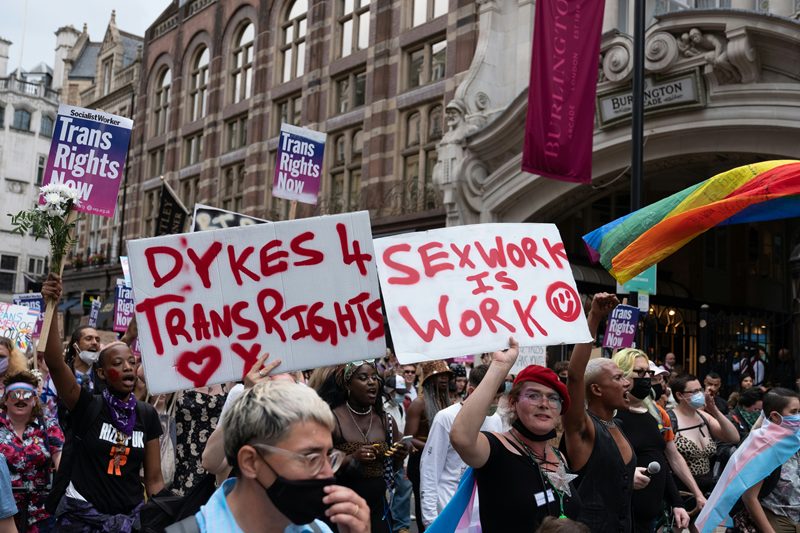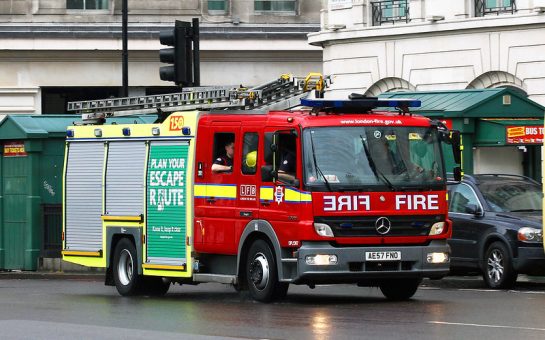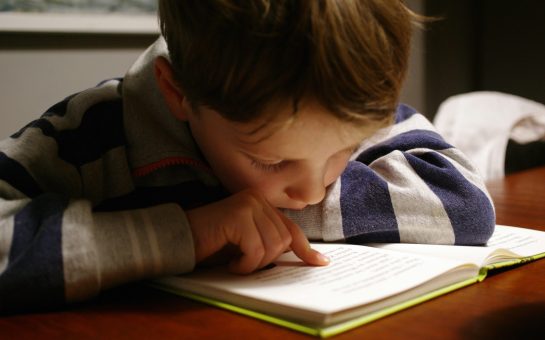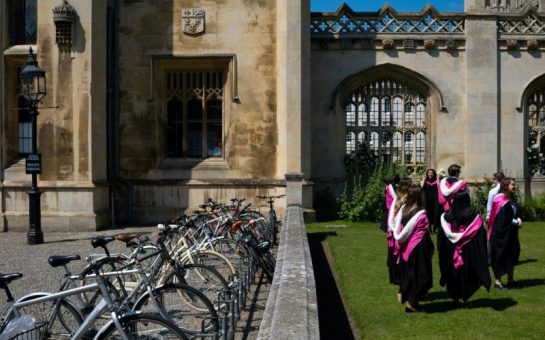February 2024 marks the 19th celebration of LGBTQ+ History Month in the United Kingdom, which aims to reflect upon the lives of LGBTQ+ people from the past.
The entire month, across the country celebrations will be held to mark the invaluable contributions made by members of the LGBTQ+ community to civil rights campaigns and British culture.
To mark the storied history of LGBTQ+ activism in the capital, we’ve compiled a timeline of some of the most significant LGBTQ+ figures, events and legal decisions to happen in life and happen in London.
London’s LGBTQ+ History:
1728 – Julius Caesar Taylor of Tottenham Court Road is convicted of having ‘indecent relations with another man’ and fined.
The criminalisation of a consenting gay relationship might at first seem to be just another example of the persecution and stigma that faced LGBTQ+ people in Britain for centuries.
However a closer look at the remarkable life of Julius Caesar Taylor reveals the depth of resilience in LGBTQ+ subcultures that has allowed them to thrive even in the most hostile circumstances.
Caesar Taylor was thought to be a previously enslaved black man who ran a ‘Molly house’- a private social space where gay men could meet up safely.
This was in spite of the fact that homosexuality was punishable through fines, imprisonment and even death.
Even with these threats looming, Caesar Taylor persisted in running his Molly house, where visitors were christened with female names and had a glass of gin thrown in their face as an initiation ritual.
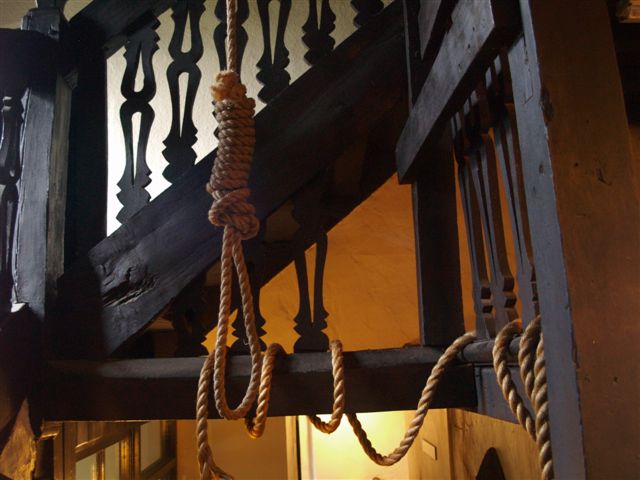
1861 – Section 61 of the Offences Against the Person Act removes the death penalty for homosexual acts between men, though they remained punishable by imprisonment.
Homosexual activity between women was not even acknowledged at this time, meaning that where lesbians were never targeted explicitly in legislation, their identities were entirely erased.
1895 – Oscar Wilde, a celebrated Irish playwright who penned the classic production The Picture of Dorian Gray, was convicted of gross indecency for homosexual acts and sentenced to two years hard labour.
He spent time in Wandsworth Prison and was spat at by a crowd of people at Clapham Junction train station while being transferred to Reading Gaol.

1912 – The father of modern computer science, Alan Turing, was born in Maida Vale.
Turing played an instrumental role in British code breaking efforts in the Second World War, which proved crucial in defeating the Axis powers.
Despite this, Turing was later arrested for ‘gross indecency’ and as part of his probation deal was forced to undertake hormone injections that aimed to chemically castrate him, a shameful low point in London’s LGBTQ+ history.

1951 – Racing driver Roberta Powell becomes the first trans woman in Britain known to undergo gender-affirming surgery.
Powell was born in Croyden and she had also served as a fighter pilot during the Second World War.
This procedure allowed Powell to change her recorded sex on her birth certificate to female, breaking new ground in the regard as well.
1957 – The Wolfenden Report, based on the findings of a Home Office committee looking to re-evaluate UK law on homosexuality, was published.
It concluded that “homosexual behaviour between consenting adults in private should no longer be a criminal offence”.
1967 – The Sexual Offences Act is passed which introduces a limited set of decriminalisation measures surrounding male homosexuality – a full decade after the Wolfenden report recommended it.
The act allowed for consensual homosexual activity in private residences but did not set the age of consent at the same age as for heterosexual activity, instead setting a higher bar of 21.
1972 – London holds Britain’s first ever Pride march, which attracted 2,000 participants.
In the present day, London Pride involves upwards of 30,000 participants and attracts 1.5 million visitors, so many that it is the only annual event to shut down Oxford Street

1974 – Maureen Colquhoun became the first Member of Parliament to come out as a lesbian.
Three years later, she made the first ever request to be referred to in Parliament using the prefix ‘Ms’.
1984 – The first ever UK National Bisexual Convention (BiCon) is held in Highbury.
It last visited London to discuss the politics of bisexuality in 2010.
2000- Following a landmark ruling in the European Commission of Human Rights that there were no reasonable grounds to maintain a different age of consent for homosexual activity, the Sexual Offences (Amendment) Act removes the disparity.
It also introduced, for the first time, recognition of lesbian sexual activity.
2014 – After a 17 year partnership, Peter McGraith and David Cabreza from North London became the first same-sex couple to be married in the United Kingdom, enshrining them in London’s LGBTQ+ history forever.
The Marriage (Same Sex Couples) Act, which swept away the legal prohibitions on same-sex marriage, had been enacted the year before.
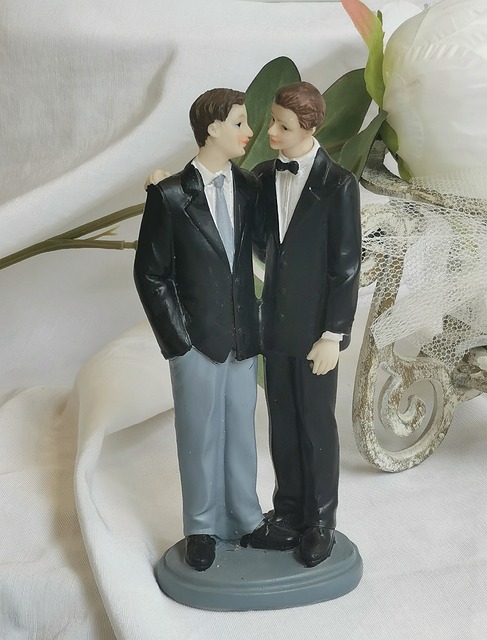
Same sex-marriages were made legal in 2014 and peaked at 7,019 in 2016.
Feature image courtesy of Ehimetalor Akhere Unuabona
In-article image courtesy of Fæ under Creative Commons Attribution-Share Alike 3.0
